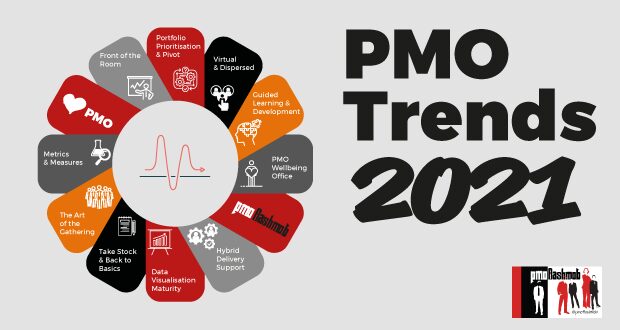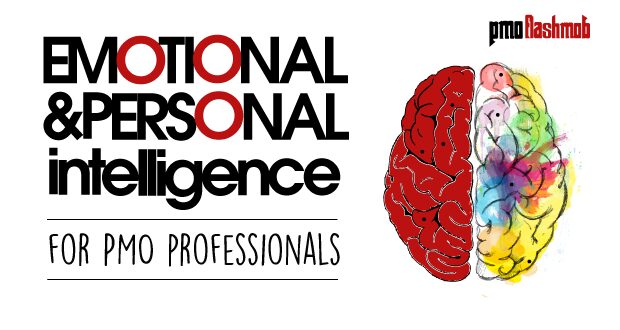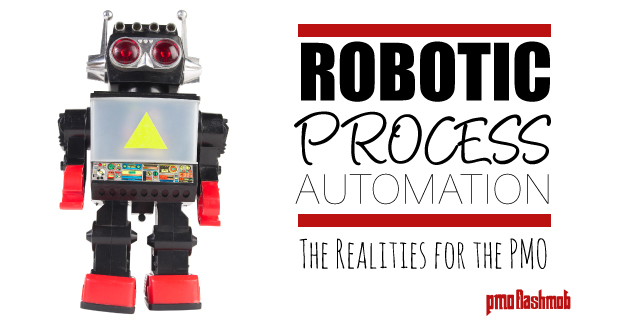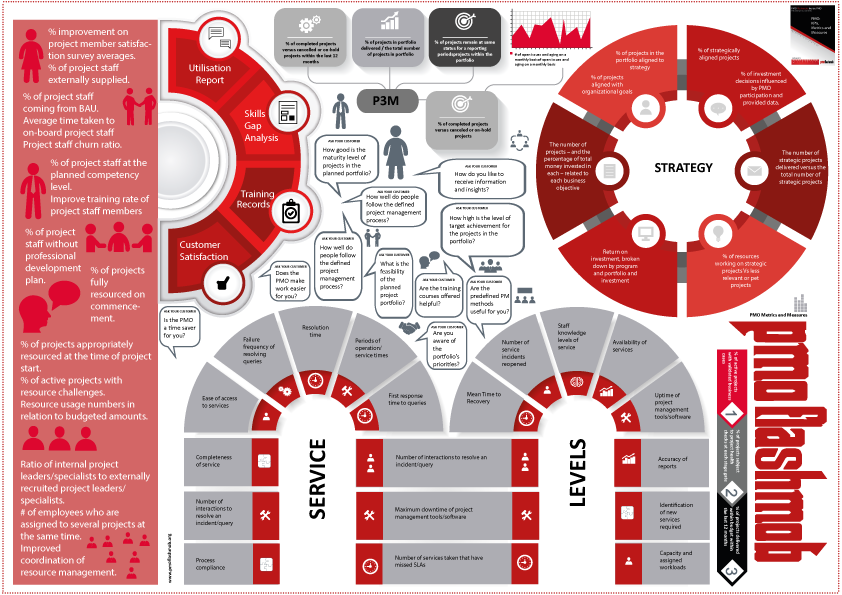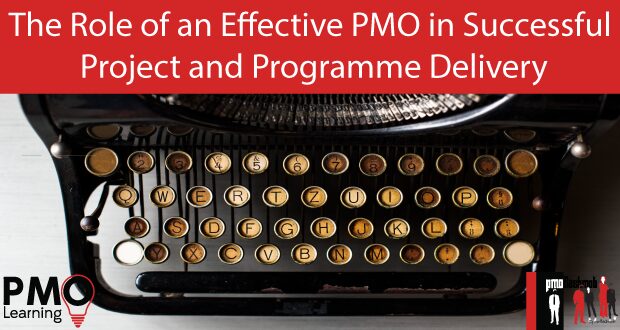It's that time of year again when we take a look into the possibilities and opportunities in the PMO world this year. We've been doing these articles for a couple of years and we don't tend to be too far out.
Go to article
You’re likely familiar with Emotional Intelligence (EI), a constellation of abilities that allows us to make good decisions when confronted with emotional information. Recent studies into non-cognitive space, however, suggest that EI is not really sufficient to predict the tremendous variation in responses we observe when people have to make these decisions.
Through laboratory work, we’ve come to learn that motivational competencies are just as important to these outcomes as emotional ones. They’re very different from one another, however, and so need to be measured independently. We’ve also come to recognize that the skills needed to experience emotions in ourselves is fundamentally and subjectively different from the ability to interpret these same emotions in other people.
It’s because of these observations that the measurement of non-cognitive competencies has been redesigned
Go to article
Technology continues to make advances that can be embraced or ignored (at least temporarily) by our PMOs.
The latest bunch of technologies include Artificial Intelligence (AI), Robotic Process Automation (RPA), Machine Learning (ML) and Predictive Analytics (PA). Few PMOs have embedded these technologies, with many more not fully understanding what the technologies can do, but concerned by the scare stories that the PMO roles will disappear within the next 5 years.
In the latest report, we take a look at how these technologies can be used within the PMO; how to get started and how the PMO is changing.
Go to article
Find out about the service based approach to PMOs with details on what the service catalogue is; how you use it in your organisation and; what's in the service catalogue.
Go to article
As we entered an extraordinary year due to the pandemic - how did we get on with our predictions of the trends for 2020?
Go to article

Too many PMOs are held back from fulfilling their potential by getting bogged down with labour-intensive processes. Robotic Process Automation (RPA) and Artificial Intelligence tool providers make bold claims about their ability to tackle the issue but are seen as expensive to implement, maintain and operate.
In this session, John cuts through some of the hype surrounding AI and RPA and offers practical, real-world examples of how RPA technology can be used by PMOs to accelerate processes, increase accuracy, and allow PMO analysts to spend more time on actual analysis.
In this insightful, from-the-coal-face perspective, John creates a compelling case for the adoption of RPA in the PMO space and explains why PMOs are uniquely positioned to trigger an automation evolution that extends beyond reporting and governance and extends across the entire organization.
Can adopting RPA increase the efficiency of your PMO? Can AI identify new ‘lead indicator’ KPIs for your portfolio? What improvements can your PMO drive in the projects space, and across the business as a whole?
Ready to find out more about it - the realities?
Go to article
In the last webinar we did, there was a question about soft skills and PMO practitioners today. You can see the webinar [here]
The session was abot maturity - getting better at what the PMO does as well as the need for the organisation to mature in the way it delivers its programmes and projects too.
An obvious part of that is how we, as PMO practitioners, also view maturity in the way we work - not just the 'hard skills' stuff but also how we behave and work with others - the soft skills stuff.
The four soft skills pulled out of the session - communication; storytelling; stakeholder management and leadership - were just the presenter's view. I decided to share it in a post on Linkedin and see what others [came up with too]
We've also pulled together a few others from recent PMO Flashmob conversations too.
What do you reckon? What's missing?
Why not add your comments below or join the conversation stream over on Linkedin.
Go to article
PMO Flashmob presents the Inside PMO report bringing insights from experienced PMO Managers and looks at the question – can we measure the value of a PMO to the business?
The report looks at different aspects including PMO metrics; Service Level Agreements; organisation KPIs and the links to PMO and where our PMO Managers focus when it comes to metrics.
Go to article

PMO Learning’s Eileen Roden presented a session at the British Computer Society (BCS) The Chartered Institute of IT’s offices in Covent Garden, London. We've added this session to the PMO Flashmob website because we think you might like the content.
There are two parts to this session:
First the role an effective PMO can play in driving and supporting successful delivery, from setting up the organisation’s delivery infrastructure and ecosystem to pure administrative support (and everything in-between). It also covered how project managers engage with the PMO and identified how best the PMO can help, within the context of their other roles across the organisation.
Second, the session also looked at some of the challenges when dealing with PMOs (particularly an ineffective PMO) and explored strategies and tactics to get the best from them.
The BCS PROMS-G event is the meetup for project management practitioners working in IT [ you can take a look at other events they run here]
The event saw attendance fom both project managers and PMO practitioners and Eileen’s session focused on a couple of things. First the role an effective PMO can play in driving and supporting successful delivery, from setting up the organisation’s delivery infrastructure and ecosystem to pure administrative support (and everything in-between). It also covered how project managers engage with the PMO and identified how best the PMO can help, within the context of their other roles across the organisation. Second the session also looked at some of the challenges when dealing with PMOs (particularly an ineffective PMO) and explored strategies and tactics to get the best from them.
Go to article
In this article, Nicole Reilly, who, to be fair is our go-to gal for anything to do with data, dashboards and tool stuff, picks up on the current trend on data analytics. If you're one of those PMO practitioners who are trying to get your head around all of this at the moment, this is the article to get you started.
Go to article
